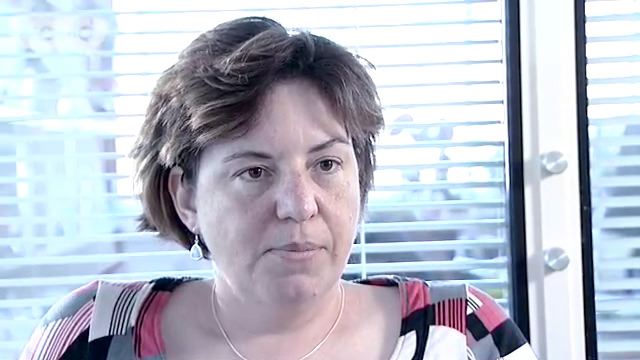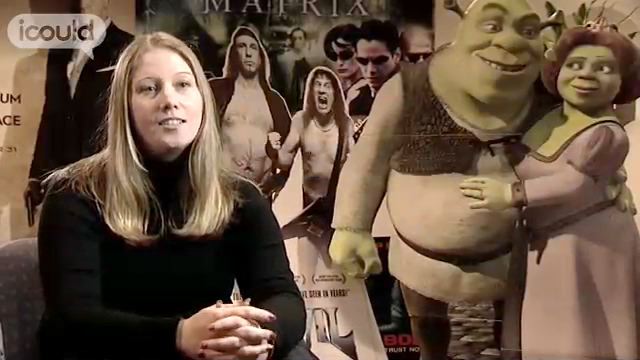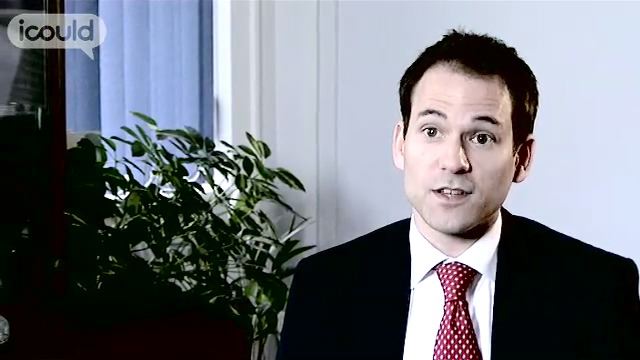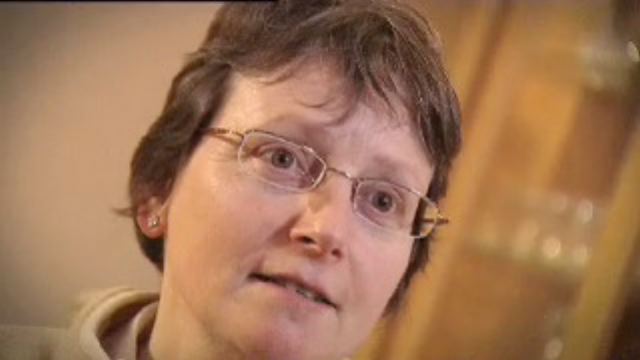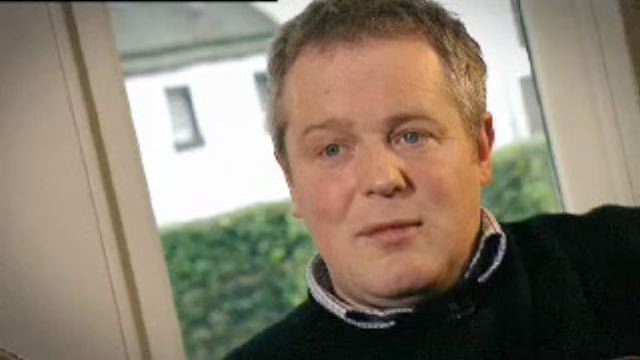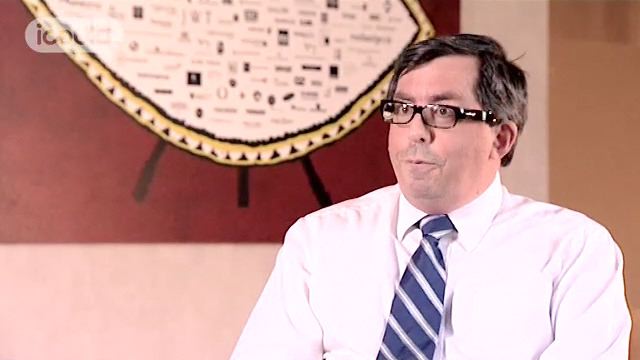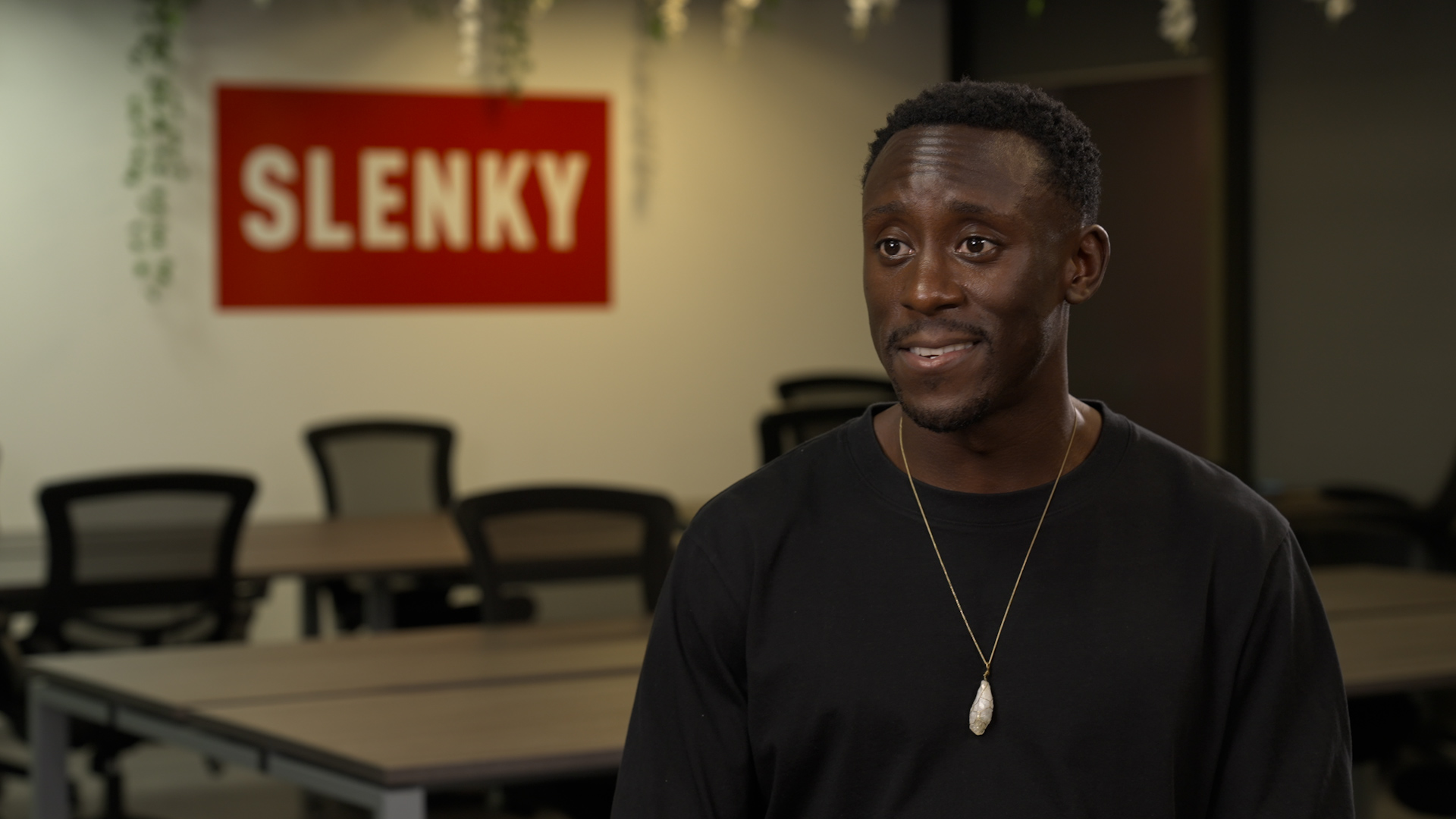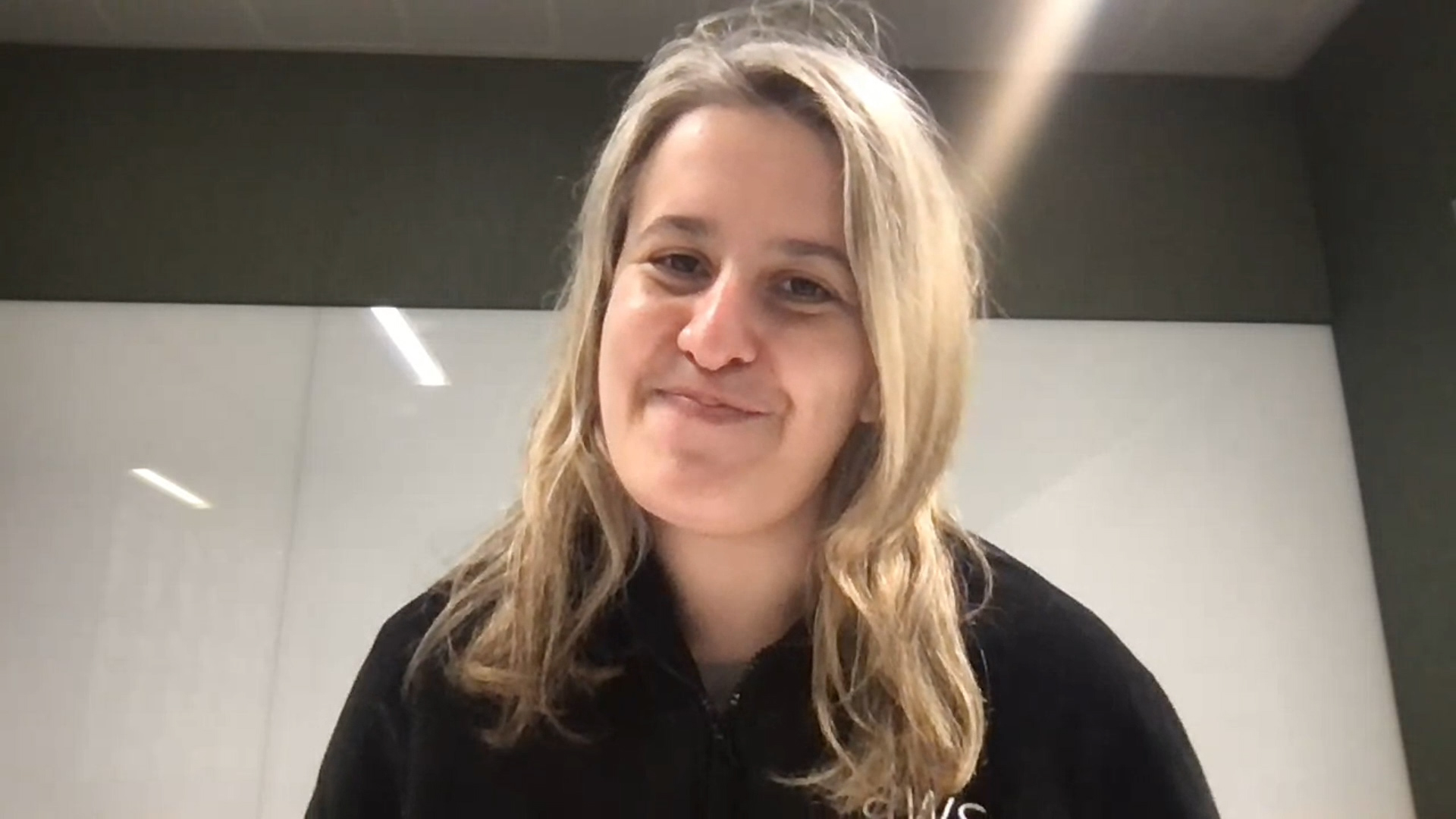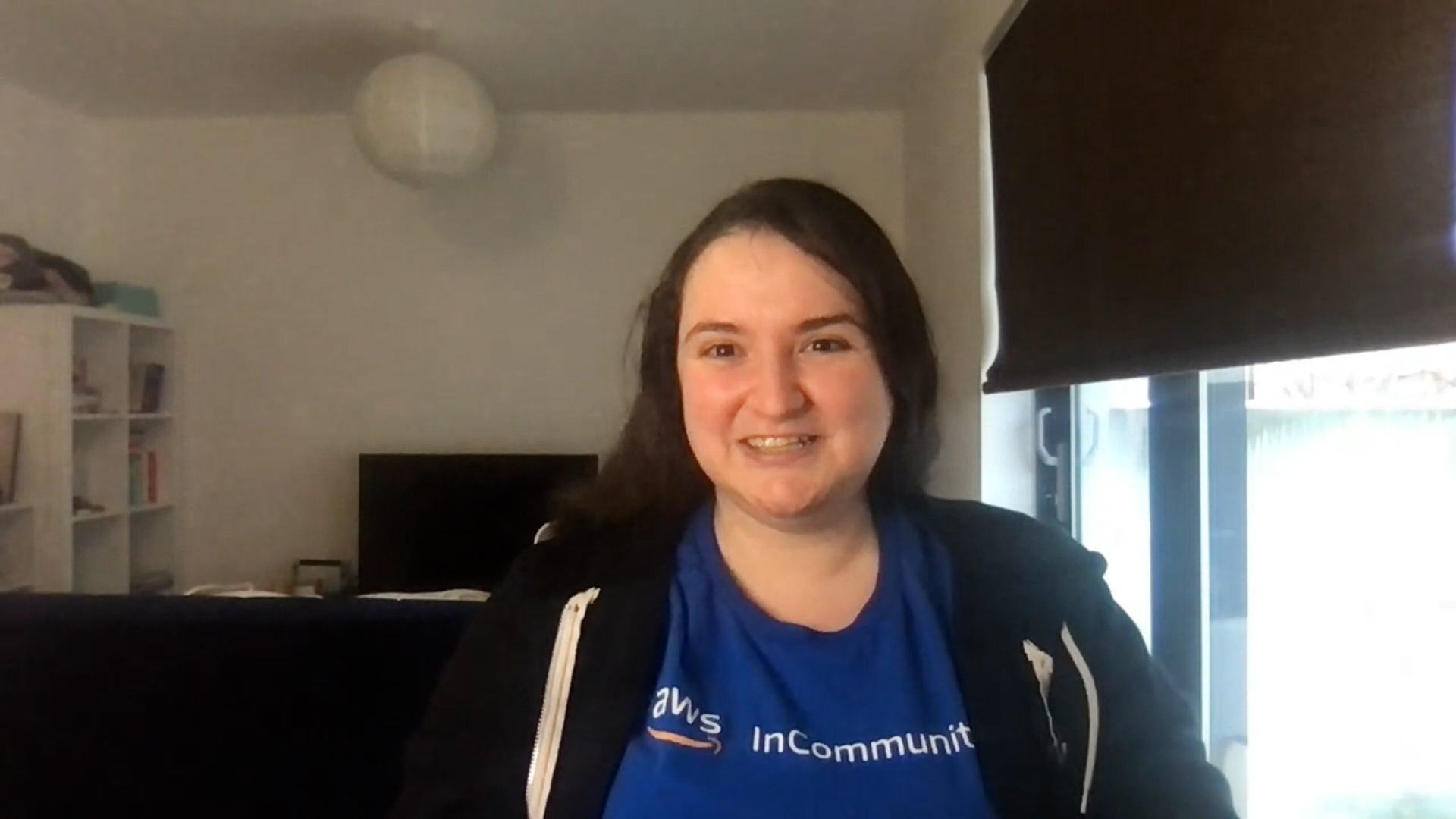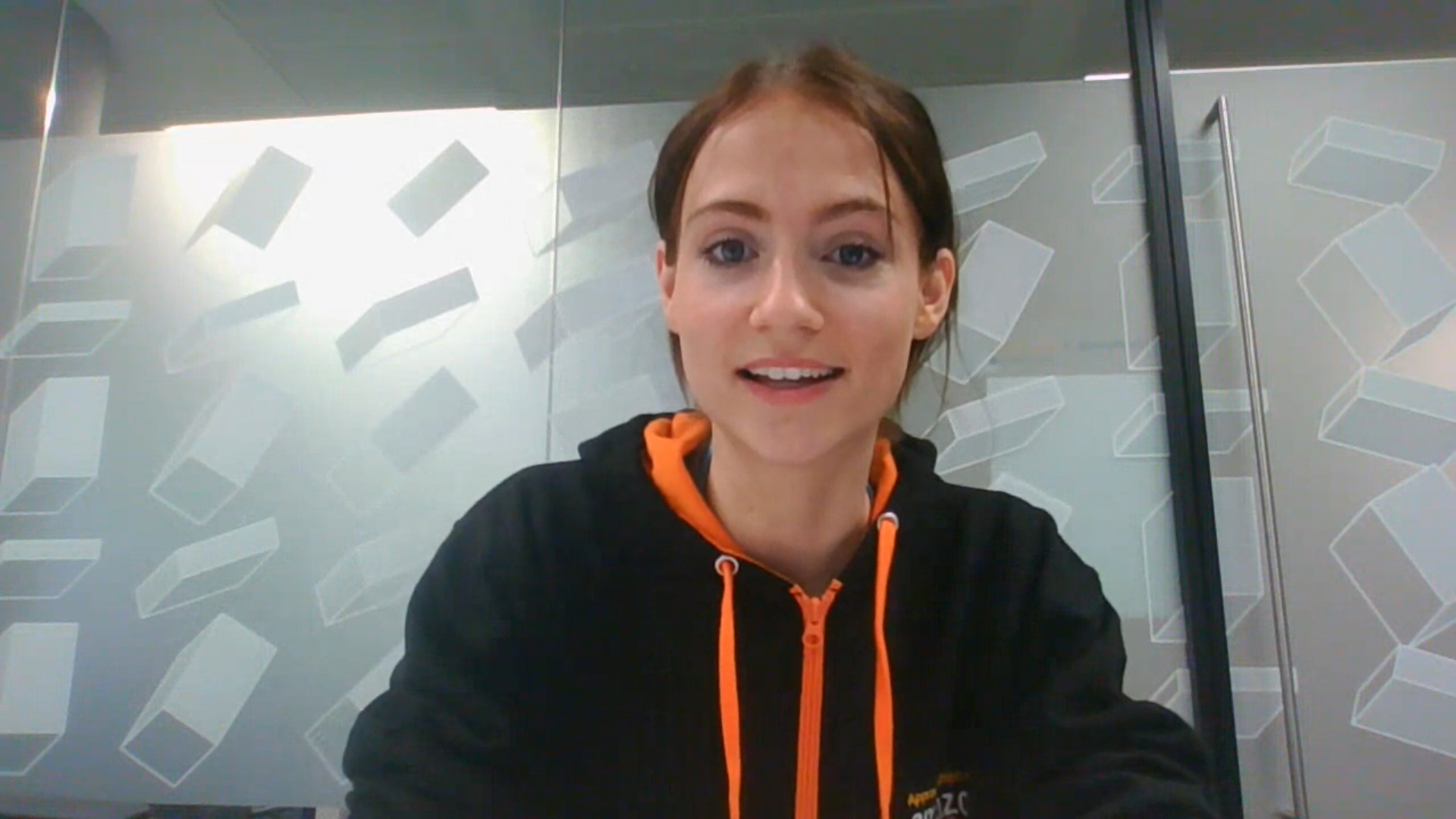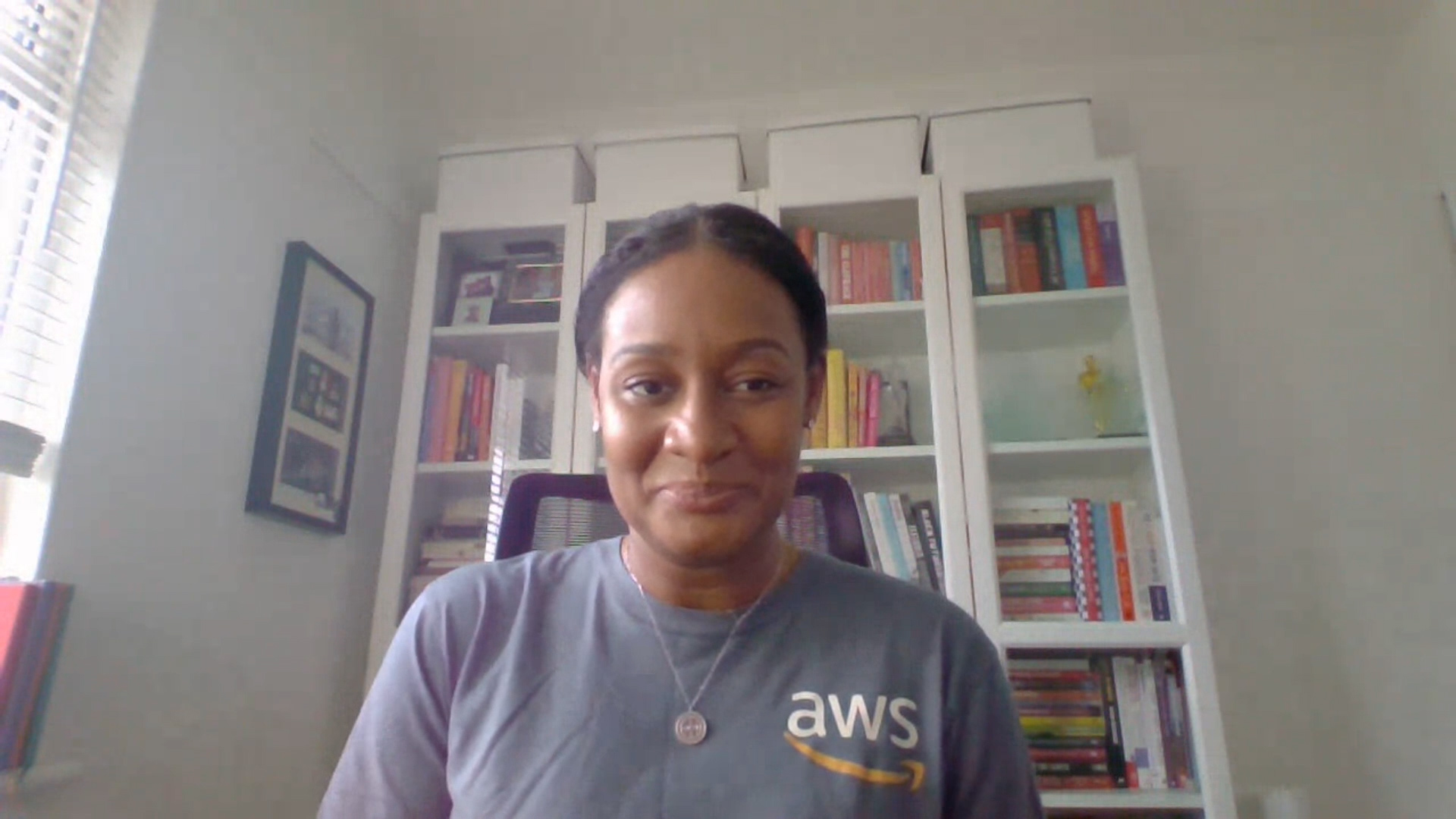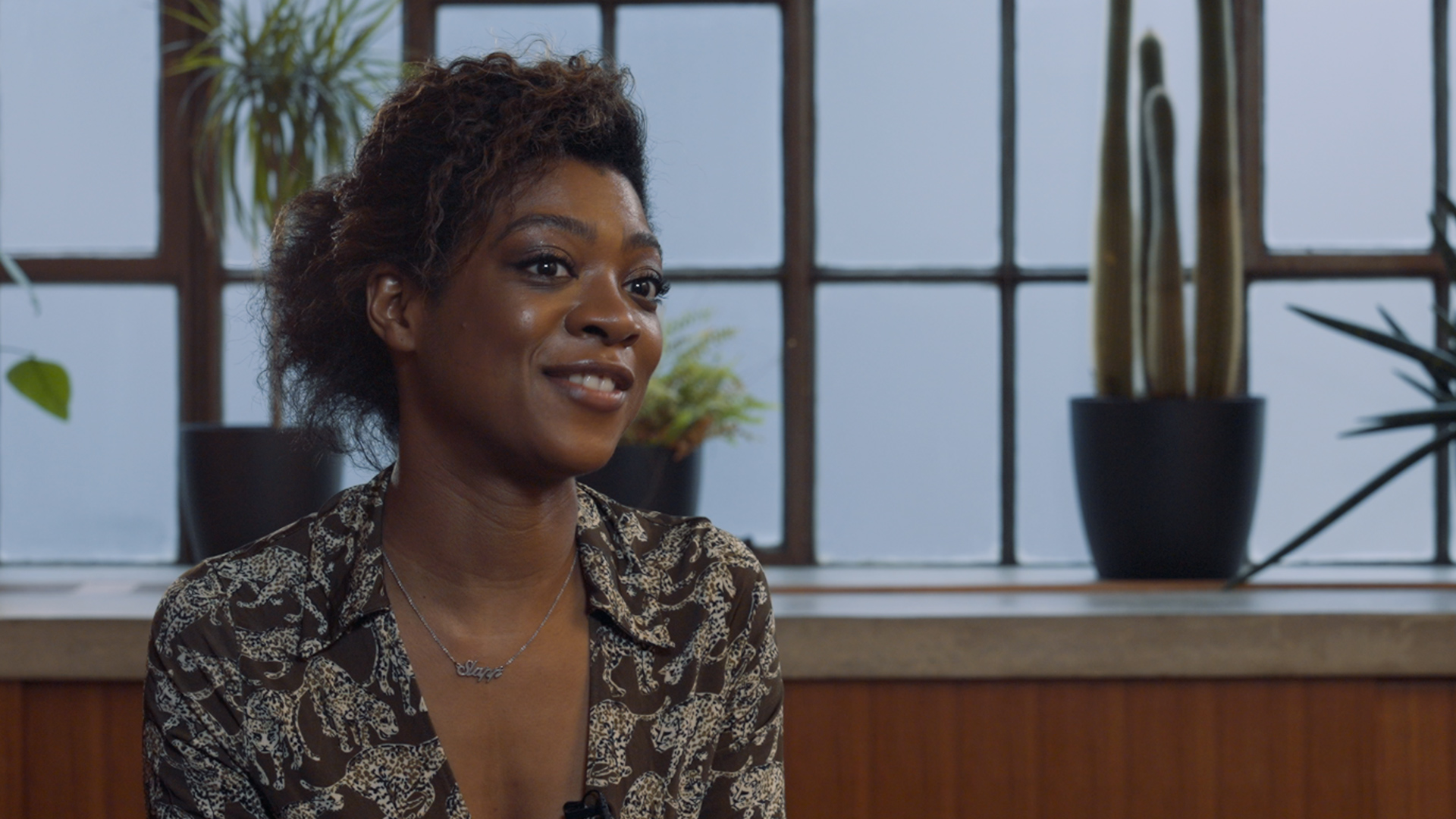Explore: Digital and tech
Digital Community Manager
Digital Science
info Issues viewing the video?
|
|
LAURA W |
|
00:02 |
My name’s Laura W and I’m the community manager for Digital Science.. |
|
00:06 |
So a community manager, my initial role is to help build social networking sites and online communities around the things that Digital Science are doing. So that might be all the way from promoting some of our efforts at a portfolio company level, right through to promoting events that we organise and other activities that we’re engaging with. |
|
00:28 |
Being a community manager’s a great job. It wouldn’t have existed five years ago, so it’s relatively in its infancy. So I think there’s a whole plethora of skills that you need to be a community manager. So starting from, you need to obviously be quite familiar with the way the social web is working, so if you’re active on things like Facebook and Twitter and Google+, that’s an added advantage. |
|
00:53 |
But it really depends what you’re becoming a community manager for. So it’s all the same if you’re being a community manager for a fashion company versus a scientific organisation, you’re using the same skills, but what I’m doing is tapping a specific community and engaging with those, so yes I engage with these communities online but I also extend that out to meeting these people in person too, at events and at conferences and giving talks to different institutions etc. |
|
01:24 |
At school I was always very focussed on science. I did all science A levels, So I’ve always had this sort of ingrained scientific interest and that’s just progressed throughout my, on to university, throughout my career I’ve always been involved in science in some capacity. So at school, I guess you can say, it was clear that I was going to do something in the scientific realm, whether it be actually going into being a practising scientist or going into some other scientific field, such as publishing or working in tools and technologies. |
|
01:58 |
I went to the University of Leeds and I studied biochemistry. My thesis was on the Ebola virus and I looked at it from lots of different aspects, one of which was a bio terrorism aspect because now scientists have been able to recreate the Ebola virus in the lab. So it was a very interesting political, I guess, viewpoint on science and how science can be used and implemented. |
|
02:24 |
I did do a couple of lab placements for, I guess, work experience purposes, to see whether academia was the route for me, one of which was at the Royal Marsden Cancer Research Hospital, But I think, for me, I decided that working in a lab as an academic wasn’t the right route for me because I really enjoyed the element of communicating what I was doing. So after that I always wanted to step into communication roles and notably I then worked for the BBC as a science TV researcher and I was a researcher on the documentary, a four part documentary about the cell, and I also worked as development, thinking up of scientific ideas for future documentaries. |
|
03:07 |
I’ll probably become more an expert in this quite niche field of being a community manager and focussing on science and building online communities around science. So I think it’s very important, as I said earlier, it’s still in its infancy, so there’s a long way that we can come. So I guess, in five years’ time I hopefully will see myself as even more of an expert, having, you know, done this for nearly seven years, than I was when I started, after I’d graduated from university. So hopefully that’s where I see myself in the future, continuing to communicate science in some capacity. |
|
03:46 |
My advice for someone starting out, who wants to be a community manager, is to make sure that you’re up to date on everything that’s going on in the arena. So that’s subscribing to relevant blogs. If we’re talking about being a community manager, it’s worth keeping up to date on things like Mashable and TechChrunch and really learning more about the industry and more about what’s hot and what’s not, what’s working and what’s not working. So it is about being on top of your game, so making sure that you’re active on Twitter. On a personal standpoint, it’s really important to build your own profile as well as if you’re working for someone. So if you’re looking for jobs it’s best to try and do as much research in that field as you can beforehand. |
|
04:41 |
I mean this is a really good tip for anyone who’s aspiring to be a community manager, is to find someone who has the job that you want and find out about their background. What did they do, how did they get to where they are? What kind of experience have they got that you haven’t got, can you build up on that? So that would be the best advice that I can offer. |
|
04:52 |
End of Laura W |
Laura was very focussed on science from an early age and went on to study biochemistry at Leeds university. Although she loves science in practice she also loves communicating science to other people. In her present role she is a Community Manager for Digital Science, bringing science to a wider audience as well as developing discussion and debate.
More information about Marketing associate professionals
Data powered by LMI For All
£33,800
average salary
The UK average salary is £29,813
36
average weekly hoursThere are 37.5 hours in the average working week
36%
male
64%
female
The UK workforce is 47% female and 53% male
Future employment
Future employment
Description
Marketing associate professionals assist in the development and implementation of projects which aim to elicit the preferences and requirements of consumers, businesses and other specified target groups so that suppliers may meet these needs.
Qualifications
There are no formal academic requirements, although many entrants possess a BTEC/SQA award, A levels/H grades, a degree or equivalent qualification. Training is typically in-house, supplemented by short courses or professional qualifications provided by the Market Research Society. NVQs/SVQs in Marketing Research are available at Levels 3 and 4.
Tasks
- Discusses business methods, products or services and targets customer group with employer or client in order to identify marketing requirements;
- Establishes an appropriate quantitative and qualitative market research methodology and prepares proposals outlining programmes of work and details of costs;
- Collates and interprets findings of market research and presents results to clients;
- Discusses possible changes that need to be made in terms of design, price, packaging, promotion etc. in light of market research with appropriate departments;
- Briefs advertising team on client requirements, monitors the progress of advertising campaigns and liaises with client on potential modifications.
Employment by region
Top 10 industries for this job
Retail trade
44773
Advertising, etc
19938
Head offices, etc
15475
Computer programming, etc
10009
Office admin.
9486
Wholesale trade
9241
Membership organisations
9148
Specialised construction
5541
Publishing activities
5288
Social work
5192
Employment status
Related career stories
⇦
⇨
